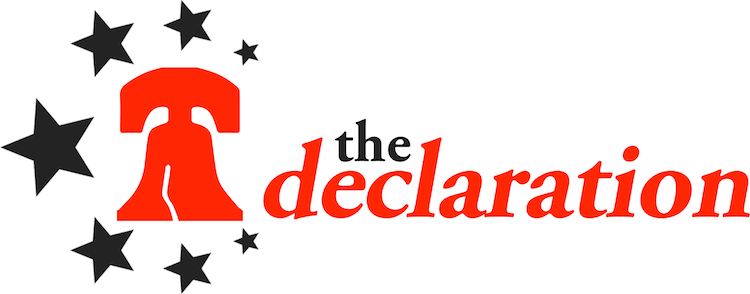By Dustin Slaughter
Newsworks‘ Holly Otterbein reported last week on yet another troubling deficiency in the public’s right to access government records: namely, city employees can, and often do, arbitrarily delete emails after a mere 50 days.
Not only is this seemingly common practice – it’s official policy. To wit:
In Philadelphia, the city government permanently deletes all emails older than 50 days as a matter of policy unless they are saved by individual employees, NewsWorks has found.
That means any number of emails would not be available if residents requested them under Pennsylvania’s Right-to-Know law, and, even with forensic techniques, investigators would likely have a hard time digging them up, too.
Otterbein’s latest adds to an already troubling list of grievances journalists and others alike have with how Philly government “respects” (read: tramples) on our right to watchdog our elected leaders’ taxpayer-sanctioned activities and decisions.
Daily News‘ William Bender has also chronicled, in painstaking detail, city government’s disdain for transparency.
Last year, Bender wrote a scathing take-down of the Nutter administration’s failure in the transparency department, the same mayor who proclaimed in his inaugural address: “There is nothing that government does that cannot be done ethically and transparently. Nothing.”
Except when it comes to elevator records – and much more:
You’d think that Philadelphia City Paper reporter Ryan Briggs could easily find out who had received grants from the Philadelphia Activities Fund, a city slush fund.
Wrong.
First, Briggs was told he’d have to submit a formal request. But the city responded to his straightforward request for grant recipients with a Kafkaesque 1,400-word letter that claimed, among other things, that they didn’t understand what he wanted because he’d used a different word (“documents”) in the body of the email than in the actual Right-to-Know request (“records”) that was attached to the email.
Cute.
With nearly every one of the dozens of requests The Declaration has filed since we began our expletive-inducing journey through this city’s public records process, the law department’s near cookie-cutter response has been clearly apparent.
It’s almost as if all of this boilerplate tripe is…official policy.
But I digress. And so, because the Nutter administration will be skipping town for greener pastures sooner rather than later, The Declaration reached out to Philly mayoral candidates Terry Gillen and Ken Trujillo in order to suss out what steps their would-be administrations might take to alleviate transparency concerns, and take it upon ourselves to hopefully inject this issue into the campaign season.
But it just so happens that they don’t have much to offer at the moment.
Gillen’s campaign emailed us back promptly on Friday:
Right-To-Know reform is a serious issue, one that our policy team has under consideration.
That’s encouraging, I suppose. After all, it seems that Gillen – at least ostensibly – sees the need for reform, even if her campaign currently doesn’t have specific remedies.
Ken Trujillo’s campaign, however, gave us what might be a rather telling glimpse of where their minds are on the subject.
Ken believes strongly that sunlight is the best disinfectant and that government must be open and transparent. He is committed to using technology and other tools to give Philadelphians the open government they deserve. As the campaign progresses, we intend to propose more specific improvements.
Which word stuck out in that statement? Technology. Philadelphia’s open data initiative is a great idea, and is clearly needed for 21st century civic innovation. Tech can improve transparency in other ways too, such as economical cloud storage for government employee emails, as Otterbein pointed out in her article – but with Chief Open Data officer Mark Headd’s frustrated departure earlier this year, it’s also clear that technology isn’t the end-all-be-all fix for lack of government accountability.
“You should be a little nervous—at all times—that you may have pushed too hard and the city fathers will grow weary and decide that you’re [sic] services are no longer needed,” Headd wrote in February of this year. “If you don’t feel that way, you’re probably not pushing hard enough.”
Open data initiatives, after all, can’t tell us what happened behind closed doors in the lead-up to the School Reform Commission’s anti-democratic affront to public school teachers yesterday, for instance, or how law enforcement may be abusing our privacy and civil liberties as we go about our daily lives.
Only unfettered access to government records – which, after all, belong to you and I – can shed light and bring even a modicum of truth to help expose the often sordid transactions of elected government.
The Declaration will continue to publish on this issue, and to confront new mayoral candidates this season on their respective transparency positions, and what solutions – if any – they will bring into office.
Follow us for email updates and connect with us on Twitter and Facebook.


[…] an email response to a ask from internal blog The Declaration for her skeleton for boosting transparency, Gillen writes, “Right-To-Know remodel is a vicious […]
LikeLike